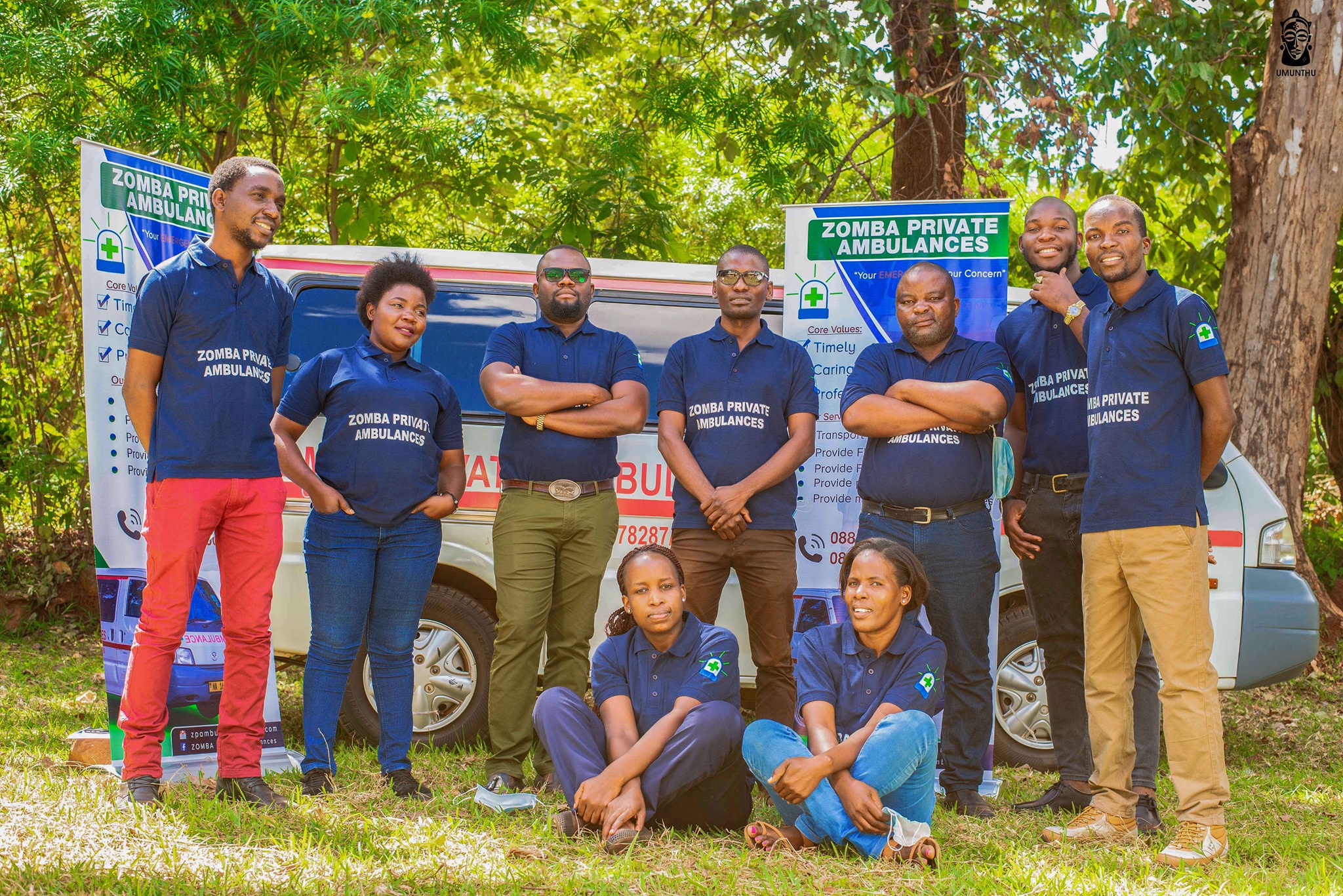By Wyson Mtambo
In the bustling city of Lilongwe, where traditional career paths often lead university graduates to seek employment in established corporations, Jacob Raymond Chipekwe chose a different route.
The founder of RC Engineering represents a new wave of young Malawian entrepreneurs who are challenging conventions and creating opportunities in sectors traditionally dominated by established players.
Inspiration
Chipekwe has always loved doing business and was surrounded by entrepreneurs in his teens, which sparked a fire in his heart.
“My sister, a hard-core entrepreneur herself, is my number one inspiration. After college, she went on to found an NGO that has grown significantly in scale and impact. For me, entrepreneurship always felt like a calling, not just a vocation, which is why I dove straight into it.”
When asked about his unusual transition from studying humanities to running an engineering firm, he laughed and said, “Through osmosis,” before sharing the real story.
“I have a friend who has a massive steel engineering firm. He inspired and pushed me to get into the business. He would take me to sites where his firm was installing trusses for houses, and showed me finished projects with steel and aluminum windows.”
When Chipekwe discovered his father’s old welding machine, rather than purchasing it from him, his friend showed him how to enter the industry himself. This practical guidance launched what would become RC Engineering.
Raising capital
Before starting RC Engineering, Chipekwe had already ventured into business during his college years, funding his ideas with savings from his pocket money.
“I ran two small businesses back then,” he explains. “One was a phone and phone accessory business. I had a friend in China who sent the phones to Malawi, and we would sell them locally.”
The other was a car wash, which he opened right after graduating. “The proceeds from both ventures helped me raise the capital I needed to enter the steel engineering industry,” he says. “It was a step-by-step journey, building from what I had and reinvesting along the way.”
Overcoming financial hurdles and building discipline
His candid admission about financial missteps reveals the learning curve many first-time entrepreneurs face.
“Yes, I have faced financial challenges,” Chipekwe admits. “There were times I lost money simply because I undercharged for a project or went for weeks without a single client.” He reflects on those tough moments and points to one key issue: mismanagement. “Most of the challenges I was facing were rooted in poor financial planning.”
To turn things around, he immersed himself in learning financial literacy. “I started planning better, tracking every bit of cash flow, saving consistently, and most importantly, I separated my personal finances from the business by putting myself on a salary.” These changes marked a turning point in how he managed his work and money.
“Financial management is the mountain entrepreneurs will either be built on or die on,” he says.
Secondly, getting the best people that are both skilled and have integrity is not a walk in the park. “You must purposely work to vet them,” he emphasises.
Looking back, Chipekwe is clear about what he would do differently. “I’d be more open-minded, take my business seriously much sooner, treat it as a separate entity, and make sure I documented everything,” he says. “If I had done that from the start, I would have avoided a lot of unnecessary setbacks.”
Diversification
What sets Chipekwe apart from many entrepreneurs is his commitment to diversification. Beyond RC Engineering, he has established RC Motors, an auto garage and shop launched in June 2024 that sells spare parts and provides services including spray painting, gas welding, and mechanical repairs. He also runs Platinum Sparkle, a cleaning business offering carwash services, sofa and carpet cleaning.
When asked about managing multiple businesses simultaneously, Chipekwe emphasizes the importance of systems. “The key here is to build efficient systems, get the best people, be clear on their tasks, pay them on time, and pay them well. Systems in business hinge around people.”
Achievements
Starting with simple steel window fabrication, RC Engineering has grown into a diversified operation. The company now designs and manufactures gym equipment, builds trusses for construction firms, produces aluminum products, and prototypes steel machines such as small concrete mixers.
“We started out pretty simple,” Chipekwe reflects. “From welding steel windows to designing gym equipment, working on trusses, moving into aluminum, and even prototyping machines.”
He adds that expanding their portfolio to include aluminum, sliding doors and windows, and cubicles marked a significant milestone in the company’s growth.
Among his proudest achievements, Chipekwe highlights the construction of the RC Motors facility, built by RC Engineering, which launched in June 2024. He also points to the company’s selection for the Leading for a Change Africa 2024 program, where they pitched their projects and were shortlisted.
His advice to aspiring entrepreneurs is refreshingly pragmatic: “You are allowed to theorize all you want. You are allowed to have as many vision boards as you want, talk and dream about business all you want. But nothing beats raw action. Get started, get on the ground. Nothing kills inertia and momentum more than sitting on your hands.”
Entrepreneurship as a catalyst for change in Africa
Beyond personal success, Chipekwe nurtures a broader vision for the continent. “Africa in its history has never needed more businessmen and entrepreneurs than we do now,” he asserts passionately. “Having a vibrant career and running a business are not mutually exclusive; you can do both, you should.”
“In order to take control of our economies, we have to be major players. We cannot just be on the receiving end. Let us manufacture, let us produce, let us sell, let us facilitate transactions. Let us get a hold of our industries to get a hold of Africa’s economic future,” he concluded.





